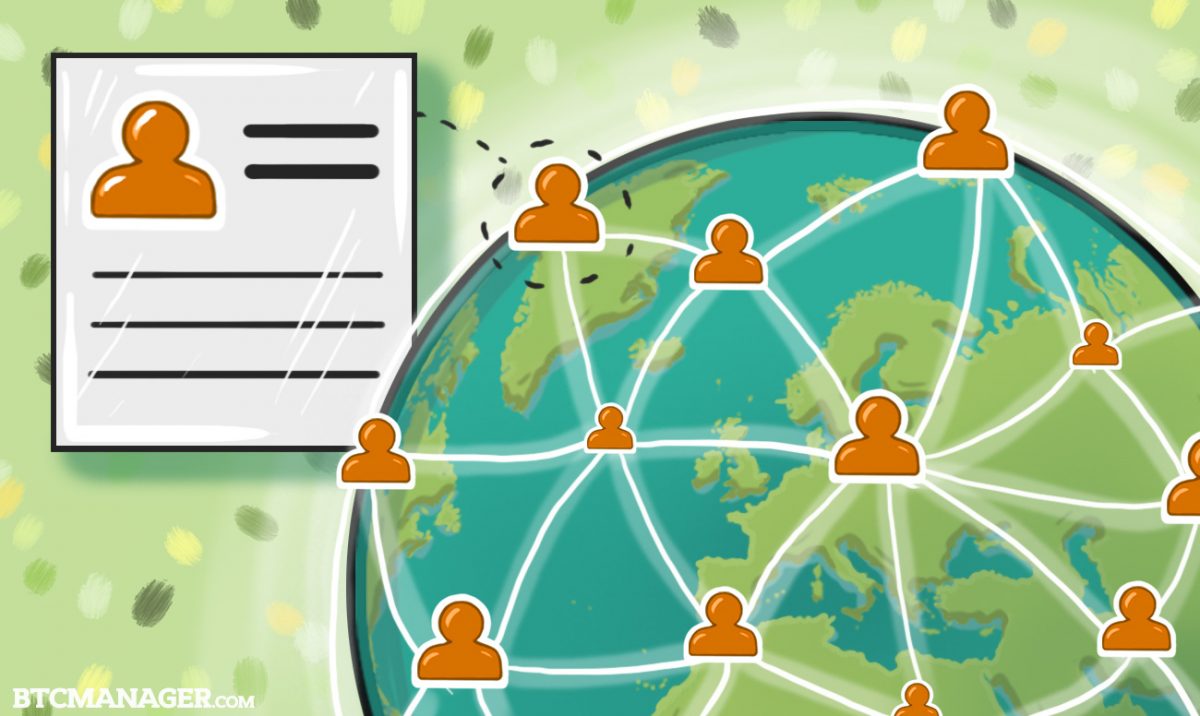Microsoft, ConsenSys, and Blockstack Initiative Will Address Identity-Based Human Rights Issues

Microsoft, ConsenSys and Blockstack Labs, have teamed up to develop an open source, blockchain-based identity system, an initiative intended to address human right crimes which are generally aggravated by the lack of legal identification.
ConsenSys is a venture production studio specializing in decentralized applications on Ethereum. Blockstack Labs, formerly known as Onename, provides a consumer application built on top of the open-source Blockstack software that allows users to store and manage their digital identities.
The new collaboration will focus on bringing together the developer community from around the world to further develop uPort, an identity solution initially created by ConsenSys that has the capability to create and manage identification for the 7.4 billion people on the planet.
The uPort Identity solution has integrated support for RepSys, ConsenSys’ multifaceted, multi-tiered reputation system, that allows people, organizations and objects to attest to the conduct of counterparties on multiple kinds of transactions, including buying/selling, lending/borrowing/repaying, collaborating on projects, gaming interactions, and data quality and reliability.
UPort, which serves as a repository for reputational attributes such as email addresses, state-issued ID numbers, or even Facebook URLs, allows identity providers such as governments, banks and IT firms, to cryptographically sign these attributes to attest their validity.
The system was designed so users are fully in control of their personal information, which they can choose to selectively share with specific counterparties.
This represents an opportunity for the 1.5 billion people who don’t have proper legal identification. The three companies hope it will help solve societal problems such as human trafficking, which currently generates US$50 million every year.
According to Rouven Heck, product manager of uPort, the increase in the usage of smartphones and the Internet, combined with blockchain technology, offers a huge opportunity to solve identity issues by creating trust in the digital world, and empower vulnerable populations.
“This project represents meaningful progress towards accessible, powerful identity for our world,” Sam Cassatt, chief strategy officer of ConsenSys, said in a media statement. “If successful, we will enfranchise a significant portion of the global population that was previously disenfranchised and democratize access to the rapidly evolving global financial system.”
The initiative echoes last week’s ID2020 conference, an event held at the United Nations in New York that brought together United Nations members, private companies, and government agencies to discuss the problem of identity in the world.
ID2020, a non-profit organization, seeks to build a platform to harness innovation and digital technology to create legal identity for under-served and vulnerable populations, including the victims of human trafficking, modern-day slavery and refugee crises around the world.














